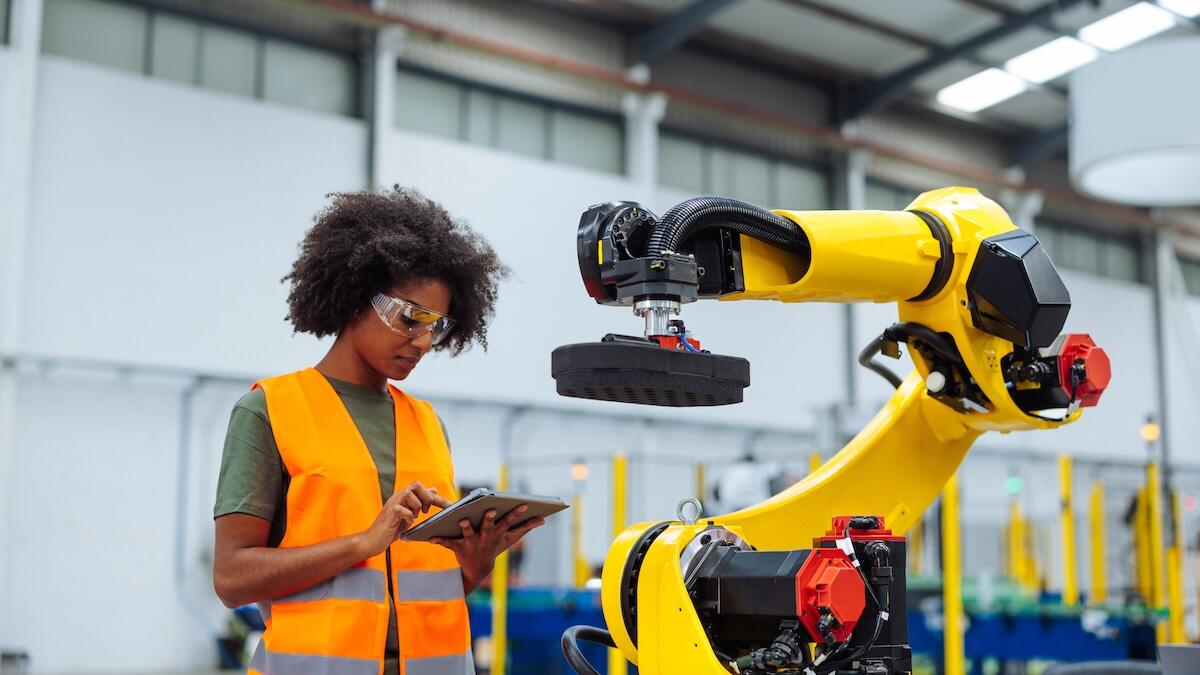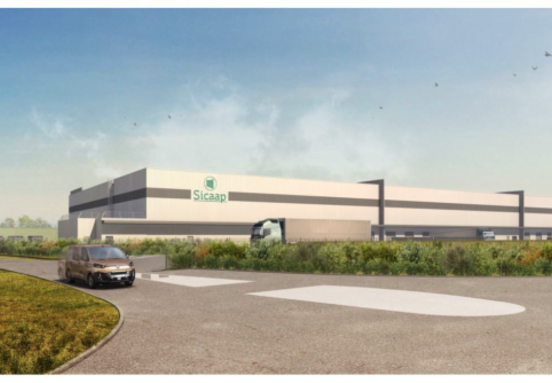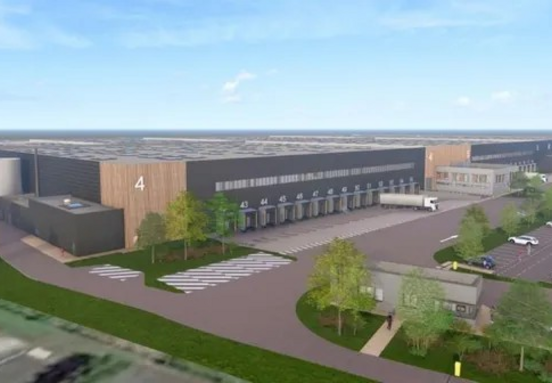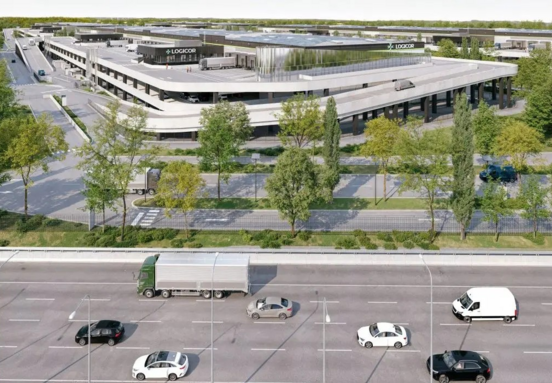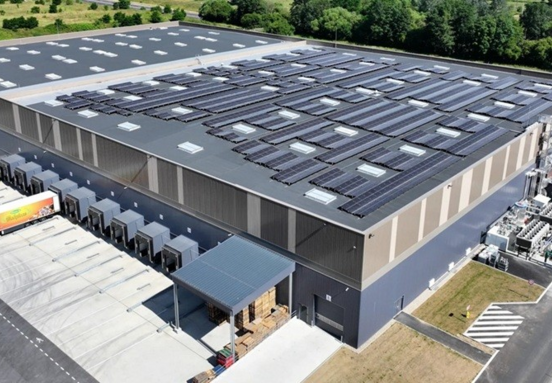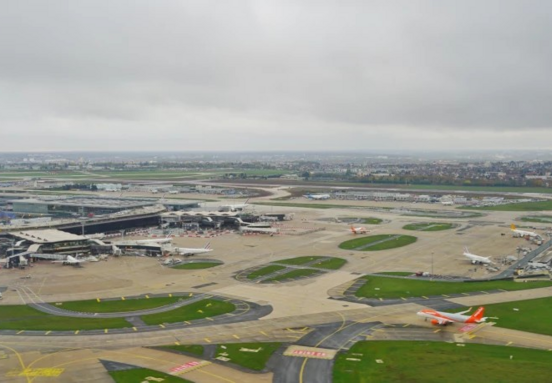The shifting landscape of logistics
The logistics sector is experiencing unprecedented growth and transformation. By 2025, the industry will be dramatically reshaped by the surge in e-commerce, continuous technological innovation like automation and AI, and an increasing emphasis on ecological responsibility.
This dynamic environment is creating new demands not just for specific skill sets but also for the physical spaces in which these operations are carried out.
Businesses planning their next commercial lease must consider how these evolving job roles will impact their facility requirements.
Operational excellence: space for core activities
Core operational roles remain the backbone of logistics, but their environment is changing. Positions such as order preparers, forklift operators, and delivery drivers are increasingly supported by advanced tools and streamlined processes.
For these roles, businesses require highly efficient, well-organized warehouse spaces. This means properties with optimal ceiling heights for vertical storage, ample loading docks for quick turnaround, dedicated staging areas, and robust infrastructure to support material handling equipment.
Integrated, easily accessible office spaces for dispatch and coordination staff are also essential, ensuring seamless communication between floor operations and administrative tasks. Sufficient and accessible parking, potentially with EV charging stations for delivery fleets, is also a growing consideration.
Strategic management & coordination: integrated office solutions
The increasing complexity of logistics demands skilled management and coordination. Roles like logistics managers, logistics coordinators, and warehouse managers are critical for optimizing supply chains and overseeing day-to-day operations. These professionals require modern, ergonomic office environments, often integrated within or adjacent to warehouse facilities, to maintain close oversight.
Key features include collaborative workspaces, well-equipped meeting rooms for strategic planning and team coordination, and advanced connectivity to manage complex systems and remote teams. Investing in comfortable and functional office spaces helps attract and retain the talent needed to navigate intricate logistics challenges.
Future-ready logistics: the demand for tech-enabled spaces
The most significant shift in logistics is driven by digitalization and automation, creating new, highly specialized roles. Logistics data managers, logistics information systems specialists, and automation experts are now vital for leveraging AI, IoT, and big data to enhance efficiency and decision-making. These future-oriented positions demand state-of-the-art office and dedicated technology spaces.
Facilities must offer robust IT infrastructure, high-speed internet, dedicated server rooms, and the capacity for advanced power requirements. Businesses should seek properties that can accommodate specialized labs for automation testing, collaborative tech hubs for innovation teams, and smart building features that support interconnected systems. These tech-centric spaces are crucial for developing and deploying the cutting-edge solutions that will define logistics in the years to come.
Preparing your business for the logistics revolution
Understanding the evolving landscape of logistics jobs is paramount for businesses selecting their next warehouse or office space. The right property is not just a location; it's a strategic asset that supports operational efficiency, facilitates technological integration, and enables talent acquisition.
Businesses must look for flexible spaces that can adapt to changing operational models, provide the necessary infrastructure for current and future technologies, and offer appealing environments for a diverse and skilled workforce. By aligning real estate strategy with workforce evolution, companies can ensure they are well-positioned to thrive in the dynamic world of logistics.
Source: diplomeo.com
